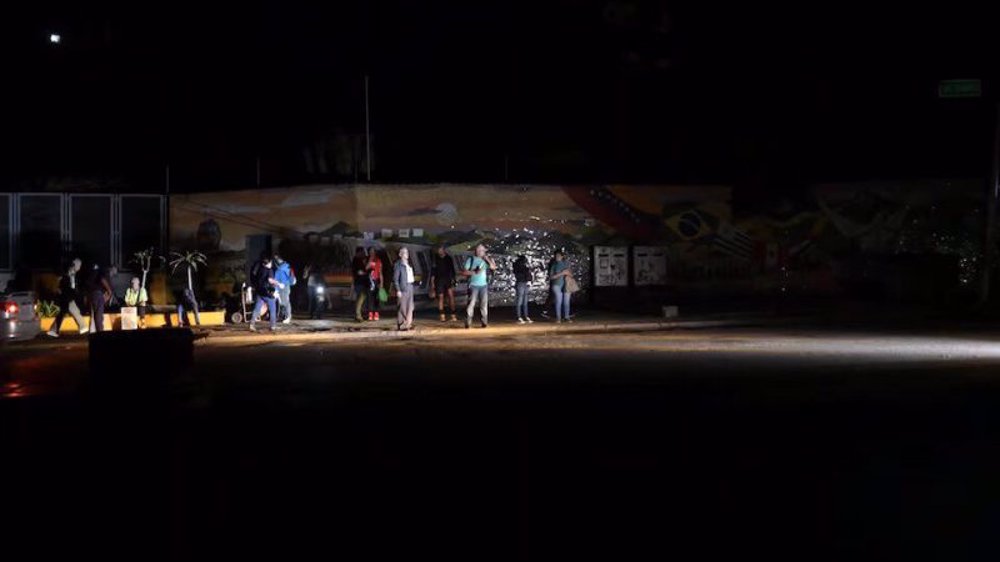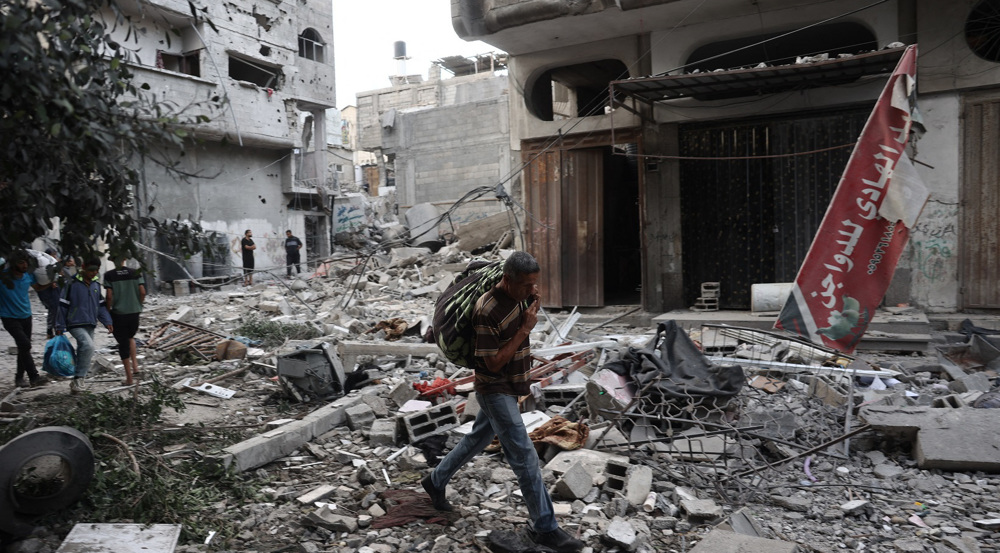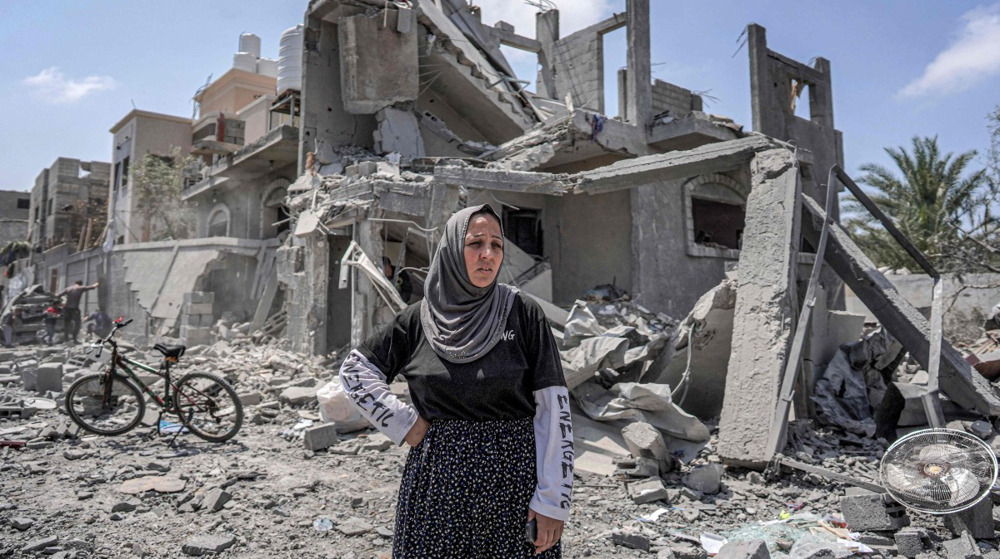Venezuelans plan to throw feces during anti-government rallies
Thousands of protesters have taken to the streets in the Venezuelan capital of Caracas to voice their support for President Nicolas Maduro, as anti-government protesters prepare for countrywide rallies during which they plan to throw human and animal feces at security forces.
Protesters wearing red t-shirts rallied in Caracas for the second day on Tuesday to show their support for Maduro.
Addressing the protesters, Venezuela’s Minister of Culture Adan Chavez accused the opposition of choosing “a way of violence” by having been out for at least six weeks to demand the ouster of Maduro.
“The fascist opposition led us to a crossroads with two possible routes,” he said. “The way that they want is the way of violence, to continue to increase this violence and continue to try to lead us to a civil war. And the other way is the way of peace.”

By “the way of peace,” Chavez was apparently referring to Maduro’s plan to have a new constitution written in an effort “to restore peace” and stop the opposition from carrying out what he says is a coup d’etat.
Opposition leaders say writing a new constitution would give the president an excuse to put off regional elections scheduled for this year and a presidential election to be held in 2018.
Opposition protesters, meanwhile, are scheduled to take to the streets once again on Wednesday, this time to hold a messy rally as they prepare to throw feces along with rocks and petrol bombs at security forces.
“They have gas; we have excrement,” reads an image to advertise the Wednesday rally on social media, where messages have been going viral, giving step-by-step instructions and advice on putting together the so-called “poopootov” cocktails. The new “bombs” are bottles containing human and animal excrement mixed with water.
The protesters say they will throw the bottles at the security forces who use tear gas against them during the protests. The new tactic was for the first time used over the weekend in the city of Los Teques, a few miles from Caracas.
It has, however, concerned some opposition groups, who have described it as an inappropriate tactic even in the face of a government they despise.

Many argue that the new “bombs” could increase cases of infectious diseases in the country, which is suffering from a lack of medicine as well as basic cleaning materials.
Venezuela, with the largest oil reserves in the world, has been facing an economic crisis that has led to a recession and a shortage of the foreign currency needed to import equipment, food, and medicines.
The country has recently become the scene of intense protests, with protesters calling for early presidential elections and Maduro’s removal.
The government says the protests are incited by the Unites Stated to remove Maduro from power and has accused the opposition of hiring armed gangs. The opposition has similarly claimed that the government has mobilized criminal gangs against protesters.
At least 36 people have reportedly been killed in the protests so far.
48-year-old Palestinian man serving 48 life terms completes 22 years in Israeli jails
From MKO to Tondar, how Germany became safe haven for anti-Iran terror groups
Hamas open to any proposal aiming to end Gaza war: Hamdan
Role of private sector in Iran’s thriving space industry
Four Palestinians killed in Israeli strikes on West Bank
Iran warns of ‘calculated, precise’ response to Israeli aggression
After year-long genocide, Israeli military hires private firms to flatten buildings in Gaza
Malaysia working on resolution to expel Israel from United Nations














 This makes it easy to access the Press TV website
This makes it easy to access the Press TV website